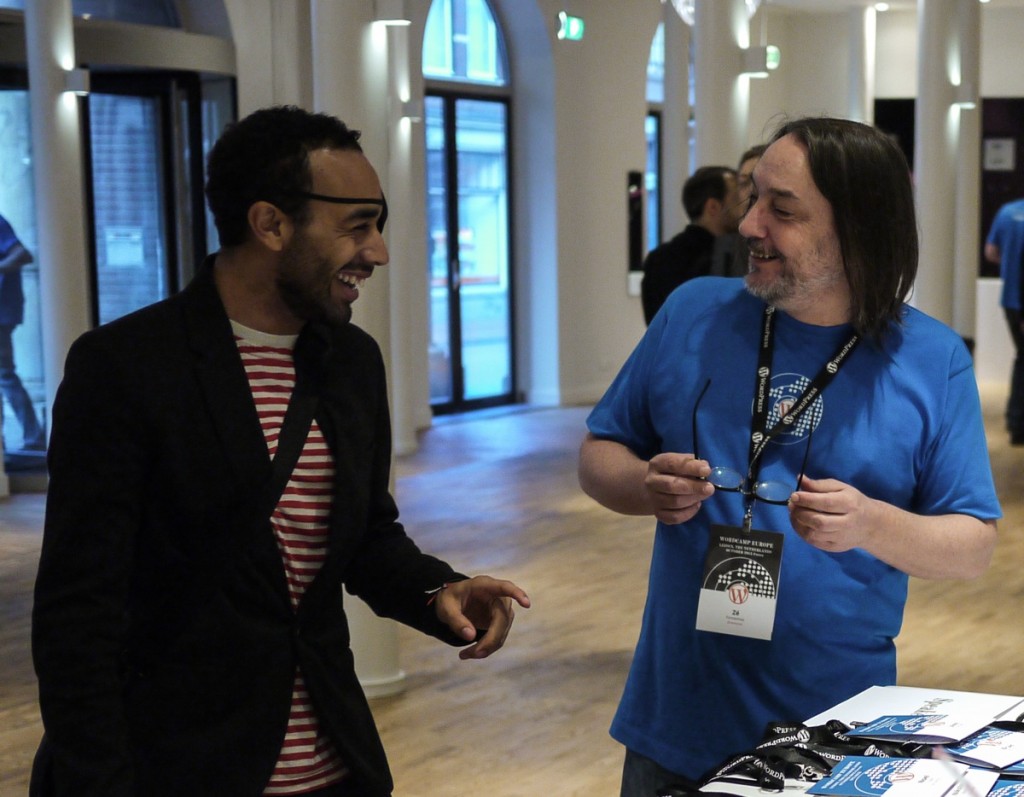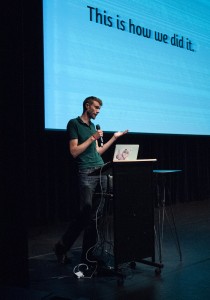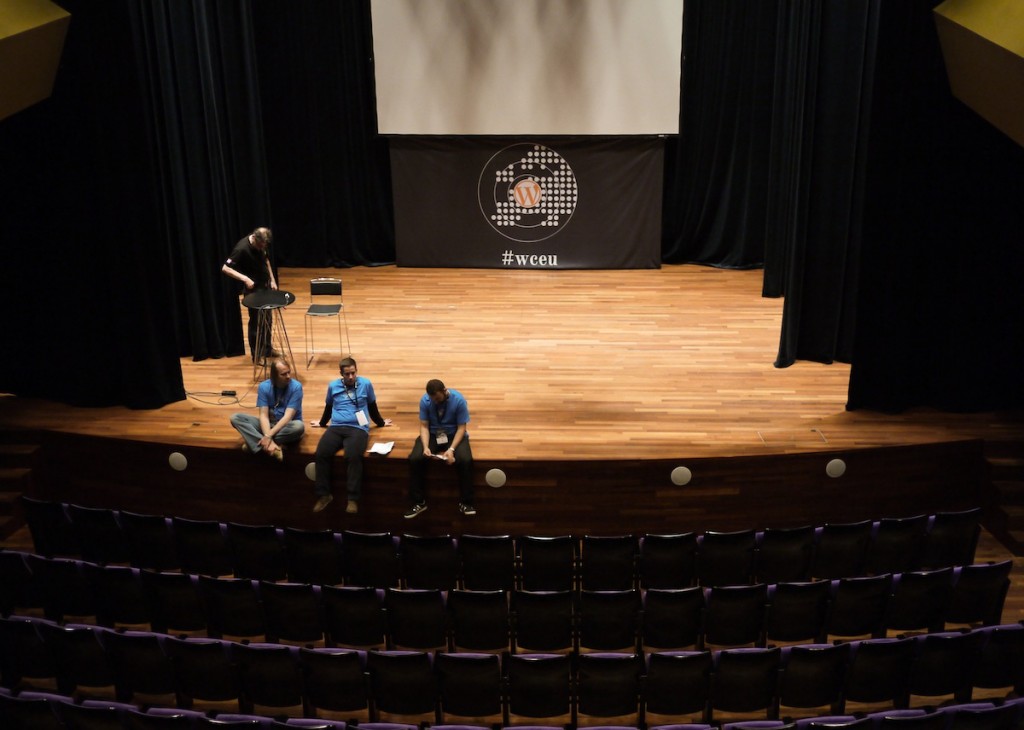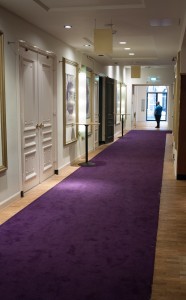A week ago saw WordCamp Europe, the first WordCamp to represent not only a city or a country, but a continent. It had speakers and attendees from all over the world, all of whom descended on the small town of Leiden in the Netherlands, which found itself for three days awash with WordPress. So what happened, and why?
WordCamp Europe was organised by a pan-European team of WordPressers, all who are active in their local community. We wanted to create a large-scale European WordPress event that reflected the vibrancy of Europe, and that’s exactly what we did. There were ups and downs along the way, but at the end of it we are proud to say that we pulled it off.
The event comprised two main conference days and one contributor day. Amongst the speakers, 18 countries were represented, 14 of those European. It’s hard to pick out favourites as they were all so distinct, but we’d like to say a particular thanks to Kim Gjerstad from MailPoet, who filled in at the very last minute when Sean Herron had to pull out due to the United States government shutdown. We were very sad to lose Sean but Kim did a great job sharing his experiences of growing a commercial plugin business. The videos are in the process of being edited and will be up on WordCamp.tv very soon.
There were aspects of the event that went smoothly, and others that didn’t. But we hope that both we and other WordCamp organisers can learn from our successes and our mistakes. A major success was the venue and location. As the backdrop to your event, a good venue and location sets the ambience. The venue was stunning, the staff were professional and helpful, and Leiden is small enough that all of the locations could be easily walked to.
We were also pleased with the speakers and the scheduling. From the start, we knew that we wanted a two-track event. This takes the onus from the attendee who sometimes has to choose between five or six tracks, and puts the responsibility in the hands of the organiser to select the right speakers. It follows, we feel, the WordPress ethos of decisions, not options. It also provides a better experience for speakers who will always be presenting to a filled room. Many credible applications were turned down, but it is better to turn down good applications than have to accept not-so-good ones to fill up a huge schedule.
What didn’t go so well? We could have given a little bit more love to our sponsors, something that I would encourage all WordCamp organisers to do. It’s important to create long-lasting relationships with sponsors in order to ensure that your WordCamp is sustainable. There was also a major fail around the wifi on the Contributor Day when the entire network went down at the De Waag venue. This was remedied by us moving back to the original conference venue. A few hours work was lost in the morning but we did manage to get a few extra hours in the evening, finishing the day off with pizza and beer.
It’s worth adding a few things about the Contributor Day, which are beginning to accompany many WordCamps. A Contributor Day is a microcosm of when the community functions at its best online. People from different parts of the project ask each other for help and advice, and you can see them learning from each other. Rian Rietveld captures this perfectly when she talks about how the accessibility, polyglots, and core teams all brought their perspectives to one problem. We hope that this sort of cooperation can be continued online.
From the organising team’s perspective, WordCamp Europe was a huge success. There are so many people to thank, speakers, sponsors, and volunteers, but we’d particularly like to thank the attendees, whose good will and enthusiasm during the event really made it what it was.
Discussions are already starting about WordCamp Europe 2014. If you’re a WordCamp organiser and you’re interested in hosting it in your country, keep an eye out on this blog. We’ll be looking for applications for a new host country, with the decision made by members of this year’s organising team along with WordCamp Central. You might call us crazy, but we can’t wait to do it all over again.
Photo credits Darren Ambrose



